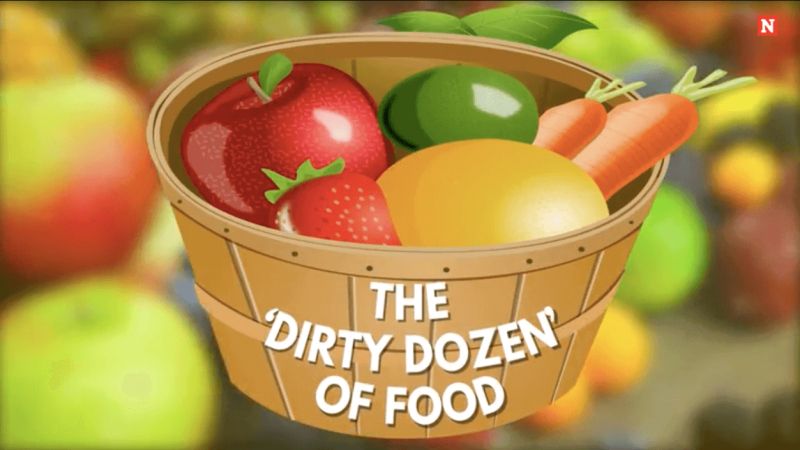[On March 20] the Environmental Working Group (EWG) [released] their so-called “dirty dozen” list. Before covering or using this “list,” we ask reporters, bloggers, nutrition communicators and consumers to consider these facts about the “dirty dozen” and produce safety:
[Editor’s note: The Alliance for Food and Farming is a nonprofit that represents organic and conventional fruit and vegetable farmers.]
Our first and most important fact:
A farmer’s first consumer is his/her own family so food safety is always their priority.
…
The “Dirty Dozen” Recommendations Are Unsupportable/May Negatively Impact Consumers
- A peer reviewed study found that EWG’s suggested substitution of organic forms of produce for conventional forms did not result in any decrease in risk because residues on conventional produce are so minute, if present at all.
- A woman could eat 18,615 servings of kale in a day and a child could eat 7,746 in a day and still not have any health effects from residues….
…
- United States Department of Agriculture’s (USDA)….Pesticide Data Program report shows that 99% of residues found on fruits and vegetables, if present at all, are well below safety levels set by the Environmental Protection Agency (EPA). The Federal Food and Drug Administration (FDA) sampling shows that 50% of those foods had no detectable residues at all.
Read full, original article: Facts to Consider About the “Dirty Dozen” List































